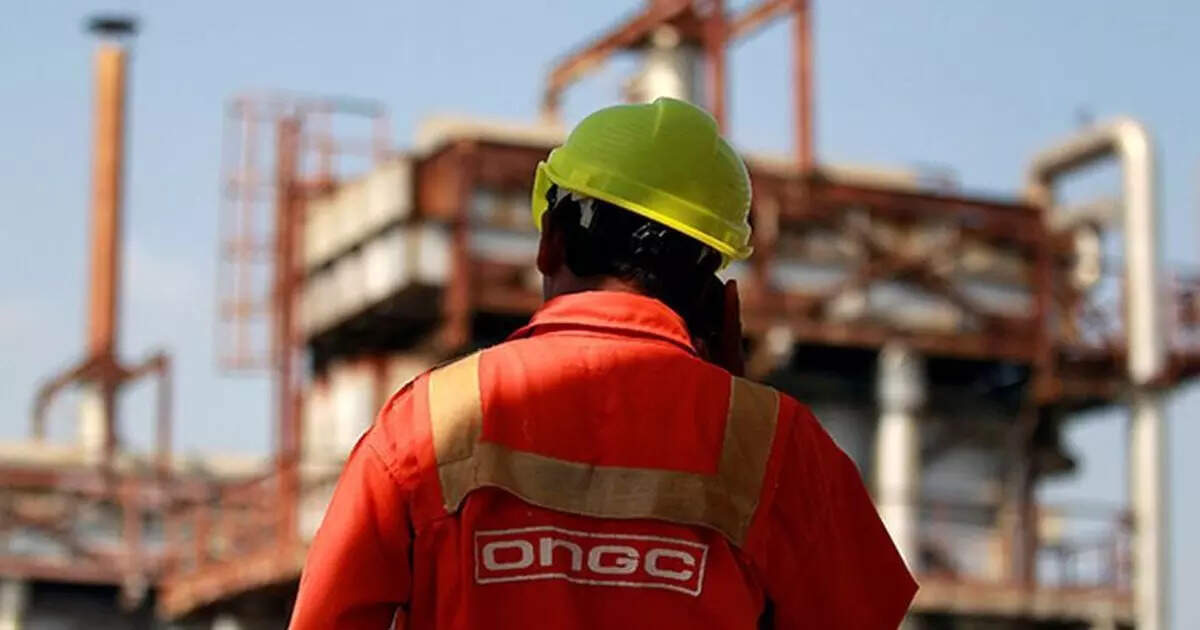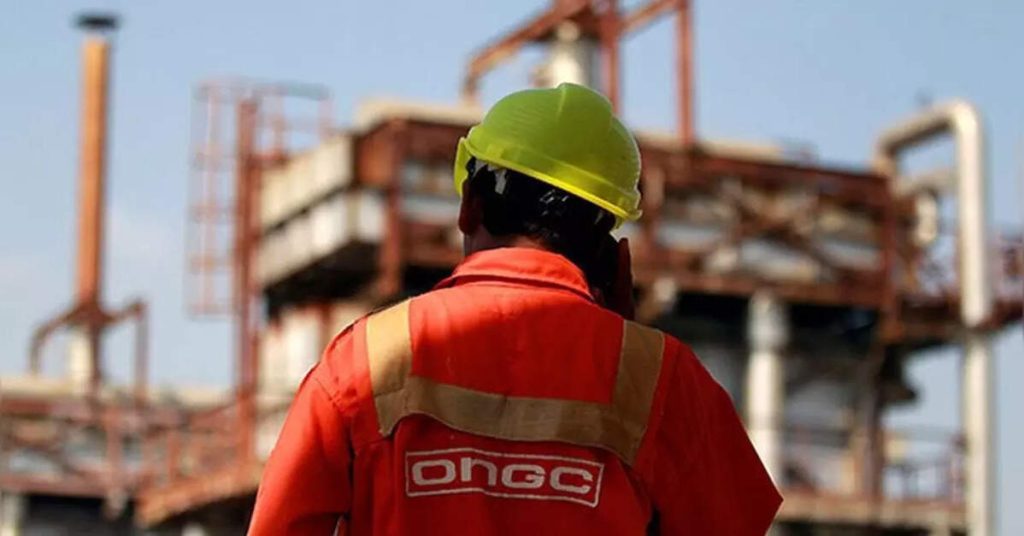
Mumbai: Oil and Natural Gas Corporation’s (ONGC’s) move to float global tender to build four new platform supply vessels (PSVs) worth over ₹1,000 crore instead of restricting the auction to local yards is “counter intuitive” and “undermines” the government’s ‘Make in India’ program that seeks to promote domestic manufacturing, including shipbuilding, said industry sources.
“ONGC’s decision to go for global tendering for buying for new PSVs despite Indian shipyards being capable of constructing them seems counterintuitive, especially when there is an initiative to upgrade yards for building larger vessels like medium range (MR) oil tankers,” said an executive with one of the shipyards.
The local ship building industry has called out the approach of ONGC, saying it “contrasted” with the government’s policies to promote the Indian shipbuilding industry through a series of measures.
“The government’s ‘Make in India’ program aims to promote domestic manufacturing, including shipbuilding. However, global tendering for PSV’s will undermine this initiative by allowing foreign companies to win contracts. Besides, the government’s strategy to upgrade shipyard infrastructure for building larger vessels like MR tankers suggests a long-term vision to develop the domestic shipbuilding industry. Allowing global tendering for PSV’s does not align with this strategy,” said a second shipbuilding industry executive.
Significantly, ONGC issued the global tender on September 19, 2025, a day before the Prime Minister Narendra Modi flagged off India’s bid to become a global force in shipbuilding at Gujarat’s Bhavnagar, famously proclaiming that “chip or ship, everything should be made in India” to make the country self-reliant.
ONGC’s decision sends a “negative signal” to the international market about the capabilities of Indian shipyards, implying that even Indian government-owned entities “lacked confidence in its own shipbuilding industry”. “This could impact the growth and development of the Indian shipbuilding sector which the government is trying to promote,” the second industry executive stated.
To foster growth and build confidence, it would be beneficial for the government to promote and support domestic shipyards, showcasing their capabilities both domestically and internationally, he added.
ONGC has defended its move to float global tender for the PSVs, saying that all procurement by state-run firms with value above ₹200 crore has to be through international competitive bidding only per government rules.
The state-run oil and gas explorer also said that the PSV tender will follow the ‘Make in India’ policy whereby a local shipbuilder has the right to match the lowest price quoted by a foreign bidder, provided his bid is within 10 per cent of the lowest foreign bid.
The local shipbuilding industry is sceptical of ONGC’s move.
“Making PSVs in India is neither a challenge from capability nor capacity point of view. These vessels have been made in India for India and exported in large quantities in the past. Apparently, ONGC has taken the path of global tendering under the garb that the threshold value of the PSVs being procured exceeds ₹200 crore, a level that stipulates global tendering. This is, in essence, circumventing the otherwise natural path to offer it to the domestic industry,” a third shipyard official said.
An oil industry official, however, said that global tendering allows for international competition, which can drive down prices and ensure the best value for ONGC’s money.
The local shipbuilding industry wants the government to prioritise Indian shipyards for PSV construction.
“A phased approach could be adopted, whereby domestic shipyards are given priority for smaller or less complex ships, while global tendering is allowed for larger or more complex vessels,” said the first shipyard executive.
The government should provide clarity on the reasoning behind ONGC’s decision to float global tender for PSVs despite the capabilities of Indian shipyards, he added.


